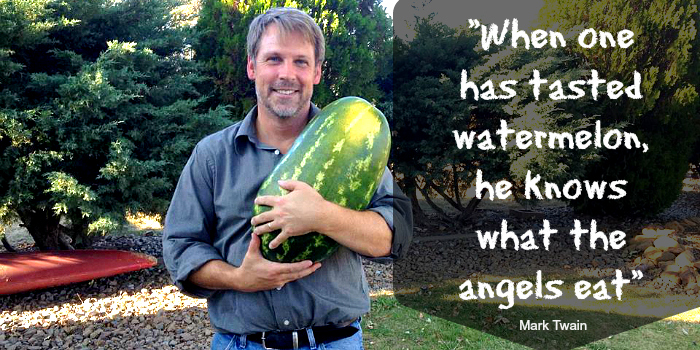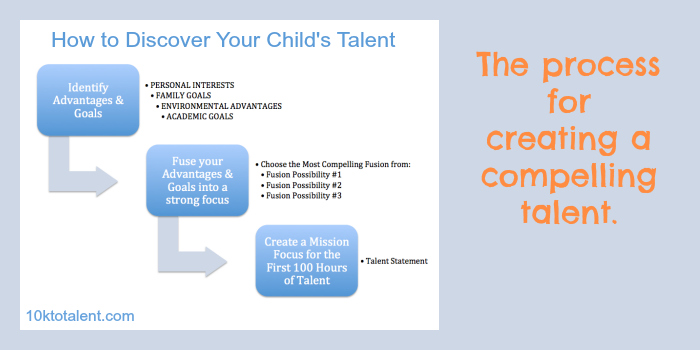There are times when you should avoid the best-of-the-best available to your homeschooled child. That’s because if you go for the best-of-the best course on a particular subject matter, you risk getting swallowed into a time sink that will pull your young person away from time available for talent growth.
Let me explain this in more detail. I’m not speaking of the efficiency and clarity aspect of a short course, but about the great depth of accurate and detailed information that the best courses will typically offer.
This is what happens: You get yourself engrossed in a curriculum catalog with a “new and improved” grammar course that now comes with video support, private tutoring, and an online adaptive testing tool. Instead of ten to 20 hours of grammar study, you can now get 100 hours of grammar support for an even lesser price than when your firstborn child had to go through filling up the “grammar buckets” of knowledge. Should you or shouldn’t you sign up your son for that course, you ask yourself? Well, sign-up of course, you say. (I have been guilty of that same mistake myself in the past!) Because you have no way to determine what will matter most for your son’s future, your default strategy is try and cover all the knowledge bases possible with the best of everything in every category. So you choose that course because you know you can fill up a pretty tall “bucket” of real grammar knowledge. Have you noticed here how it is the curriculum that is driving you rather than your goals driving the curriculum to make it fit your purposes?
Being the dutiful son that you have raised him to be, he then gets sucked into a time vortex of of becoming really, really good at something that will have close to zero relevance to his future. Worse, he might even get “socialized” into believing that a grammar focus is the answer to his future plans when he is getting such good testing feedback, when in fact his real long-talent lies elsewhere. From a talent perspective, you are making him give up 100 hours of talent time. If you repeat this same behavior, for example, with signing him up for one of the best music teachers in your area to fulfill your “fine arts bucket”, your son will be practicing his instrument for several hours a week with great concentration. If you do that, simply because the best musical teacher is available to you, then you will have taken time away from his talent growth. In that music example, you also risk socializing him with musicians when in fact he really should be bonding and making friends with the group of people more connected to his talent.
In both the examples, going for the best in both the grammar and music would make sense IF in fact they were helping some aspect of your child’s long term talent to move forward. Intending to becoming a professional author? Intending to becoming a professional musician? Okay, then yes, take the best of the grammar courses and the best of the musical mentorship. Otherwise the best-of-the-best can be dangerous distractions by stealing your young person’s mind and emotions away from building a real long term talent. Every once in a while, yes, go for the best in an in-depth course available simply for the enjoyment, with no plans on ever using it again. But don’t abuse that consumption – drink with moderation. Do it, understanding that it is not there to be productive for your child’s future.
So what is the better strategy? The better strategy is to recognize that certain courses do little to push your son or daughter’s talent forward, beyond acquiring certain minimum thresholds of knowledge. Study only chapters 2, 3, 8, and 12 of that best course…and then stop. Determine what those thresholds are as related to his or her talent, and then only acquire knowledge up to that point. Let any further granular knowledge be left to what he picks up in the course of normal human interaction. Determine how much formal grammar is necessary and let the rest be acquired naturally as he writes to communicate in his field of talent. Peers, Google searches, (and maybe a wife with an English degree!) will give him naturally the rest of what HE needs for success in his field. Don’t major in the minors. Hold your focus.
























